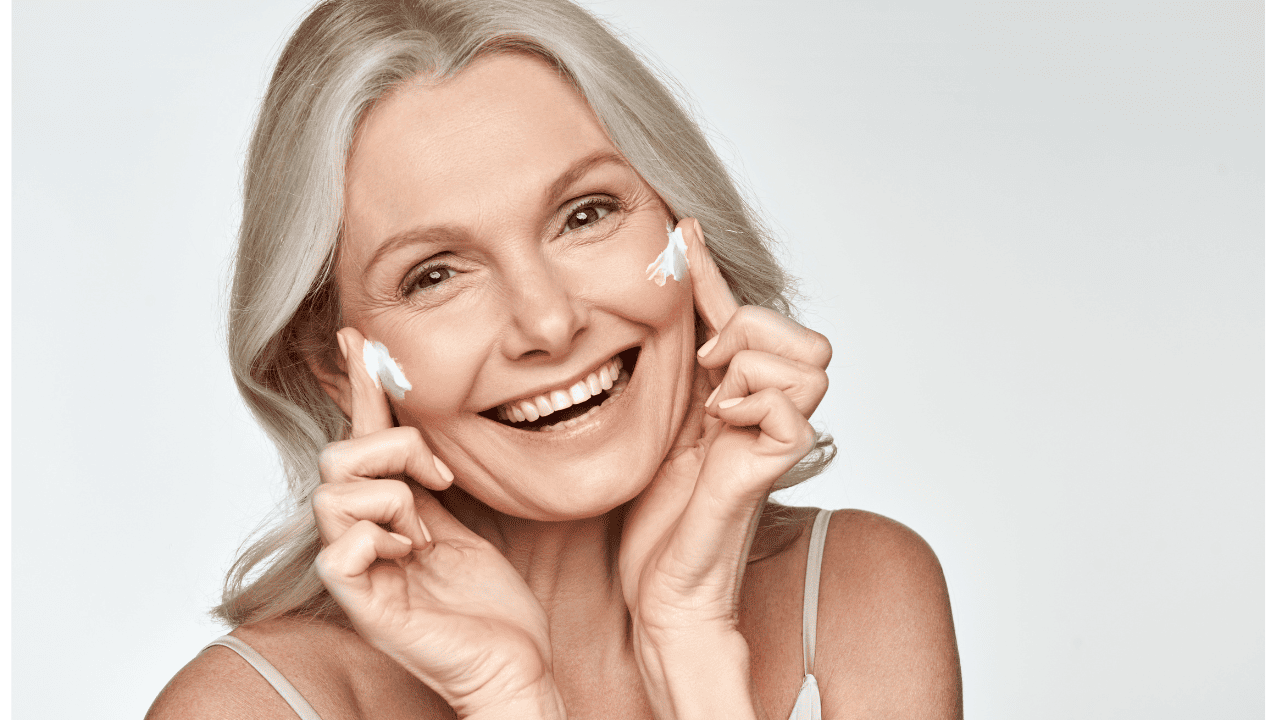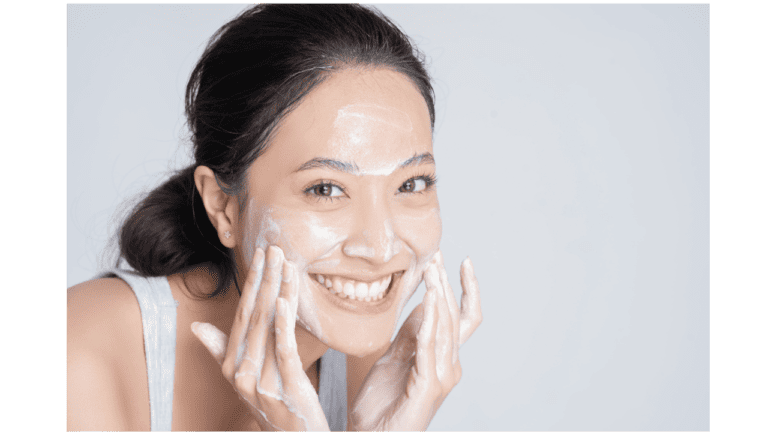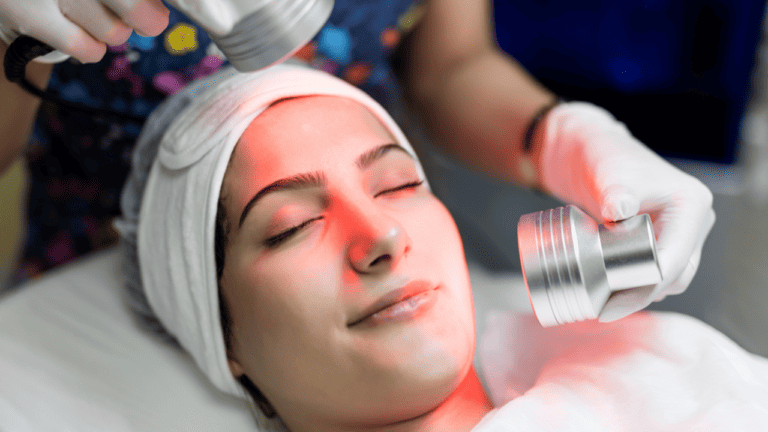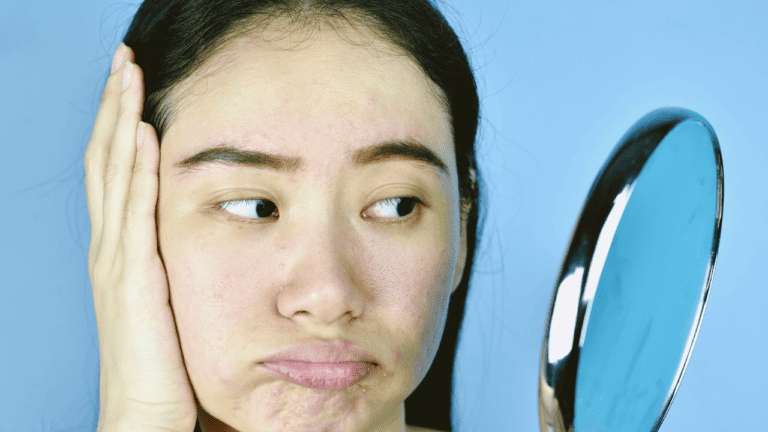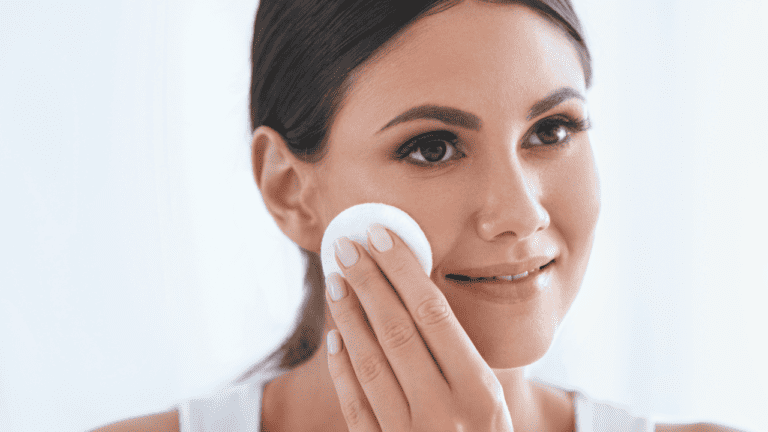Skincare is an essential part of our daily routine, regardless of age. However, the question remains: are skincare products suitable for all ages? The answer is not as straightforward as it may seem. While some products may work well for people of all ages, others may be more suited for specific age groups.

Understanding skin care needs across different ages is crucial in determining the most appropriate products to use. For instance, as we age, our skin loses elasticity and moisture, which can lead to wrinkles and dryness. Therefore, older individuals may require products that are more hydrating and contain anti-aging ingredients. On the other hand, younger individuals may require products that focus more on oil control and acne prevention.
Key Takeaways
- Skincare needs vary across different ages, and understanding these needs is crucial in selecting the most appropriate products.
- Age-appropriate skincare products are essential in ensuring that individuals receive the necessary benefits from their skincare routine.
- When selecting skincare products, it is essential to consider factors such as skin type, age, and specific skin concerns.
Understanding Skin Care Needs Across Different Ages

When it comes to skincare, it’s important to understand that different age groups have different needs. This is because our skin changes as we age, and what worked for us in our 20s may not be as effective in our 40s or beyond. In this section, we’ll explore some of the key factors that affect skin health at different ages, and what you can do to keep your skin looking its best.
The Role of Collagen and Elastin in Aging
Collagen and elastin are two key proteins that help keep our skin looking firm and youthful. However, as we age, our bodies produce less of these proteins, which can lead to sagging, wrinkles, and other signs of aging. To help combat this, it’s important to use skincare products that contain ingredients that can help boost collagen and elastin production, such as retinoids, peptides, and vitamin C.
Preventing and Addressing Sun Damage
One of the biggest factors that can affect skin health at any age is sun damage. Over time, exposure to UV rays can cause wrinkles, age spots, and even skin cancer. To help protect your skin from the sun, it’s important to use a broad-spectrum sunscreen with an SPF of at least 30, and to reapply it every two hours if you’re spending time outdoors. If you already have sun damage, there are a variety of skincare treatments that can help address it, such as chemical peels, laser therapy, and microdermabrasion.
Hormonal Changes and Skin Health
Hormonal changes can also have a big impact on skin health, particularly for women going through menopause or perimenopause. During this time, fluctuations in estrogen levels can lead to dryness, thinning skin, and other issues. To help combat this, it’s important to use skincare products that are specifically formulated for mature skin, and that contain ingredients like hyaluronic acid, which can help boost hydration. Additionally, hormone replacement therapy may be an option for some women experiencing severe skin changes during menopause.
By understanding the unique needs of your skin at different ages, you can help keep it looking healthy and youthful for years to come. Whether you’re in your 20s, 40s, or beyond, there are a variety of skincare products and treatments available that can help address your specific concerns and keep your skin looking its best.
Selecting Age-Appropriate Skincare Products

When it comes to selecting skincare products, it’s important to choose ones that are appropriate for your age. As we age, our skin undergoes changes that can affect its texture, tone, and overall appearance. By selecting products that are tailored to your age, you can help address these changes and keep your skin looking its best.
Ingredients to Look for at Every Age
There are certain ingredients that are beneficial for skin at any age. These include:
- Retinol: A form of vitamin A that can help reduce the appearance of fine lines and wrinkles.
- Hyaluronic acid: A hydrating ingredient that can help plump the skin and reduce the appearance of fine lines.
- Antioxidants: These help protect the skin from environmental damage and can help reduce the appearance of fine lines and wrinkles.
- Moisturizer: A good moisturizer can help keep the skin hydrated and looking healthy.
- Serum: A serum can deliver active ingredients deep into the skin and help address specific concerns, such as fine lines or dark spots.
- Eye cream: An eye cream can help reduce the appearance of fine lines and wrinkles around the eyes.
- Cleanser: A gentle cleanser can help remove dirt and impurities without stripping the skin of its natural oils.
As we age, there are certain active ingredients that become more important. These include:
- Peptides: These can help stimulate collagen production and improve skin elasticity.
- Niacinamide: This can help reduce the appearance of fine lines and wrinkles and improve skin texture.
- Vitamin C: This can help brighten the skin and reduce the appearance of dark spots.
Establishing a Skincare Routine for Longevity
Establishing a skincare routine that includes cleansing, moisturizing, and sun protection is essential for maintaining healthy skin at any age. As we age, it’s important to also incorporate products that address specific concerns, such as fine lines, wrinkles, and dark spots. A good anti-aging skincare routine might include:
- Cleanser: Use a gentle cleanser to remove dirt and impurities without stripping the skin of its natural oils.
- Serum: Choose a serum that addresses specific concerns, such as fine lines or dark spots.
- Eye cream: Use an eye cream to reduce the appearance of fine lines and wrinkles around the eyes.
- Moisturizer: Use a moisturizer to keep the skin hydrated and looking healthy.
- Sunscreen: Apply a broad-spectrum sunscreen with an SPF of at least 30 every day to protect the skin from sun damage.
Professional Advice and Prescription Treatments
For more advanced concerns, such as deep wrinkles or sun damage, it may be necessary to seek the advice of a dermatologist. They can recommend prescription treatments, such as retinoids or chemical peels, that can help address these concerns. It’s important to remember that some anti-aging products can be harsh on the skin, so it’s important to follow the advice of a professional when incorporating these products into your skincare routine.
Frequently Asked Questions
At what age should someone start a skincare routine?
Skincare routines should start as early as possible. It is essential to take care of one’s skin from a young age to prevent damage and maintain healthy skin. There is no specific age for starting a skincare routine, but it is recommended to start in the early teenage years. At this age, the skin is still developing, and it is easier to establish healthy habits that will last a lifetime.
Can skincare routines benefit all age groups, including children and the elderly?
Yes, skincare routines can benefit all age groups. Children and the elderly have different skincare needs, but it is essential to maintain healthy skin at every age. For children, it is important to use gentle products that do not irritate the skin. For the elderly, it is important to use products that address specific concerns such as wrinkles and age spots. Skincare routines can help prevent skin damage and maintain healthy skin at any age.
What are the essential skincare products for a beginner’s routine?
The essential skincare products for a beginner’s routine include a gentle cleanser, moisturizer, and sunscreen. Cleansing the skin removes dirt, oil, and makeup, while moisturizing helps to hydrate the skin and prevent dryness. Sunscreen is essential for protecting the skin from the harmful effects of the sun’s UV rays. As one becomes more familiar with skincare, they can add products such as serums and exfoliators to their routine. However, it is important to start with the basics and build from there.

